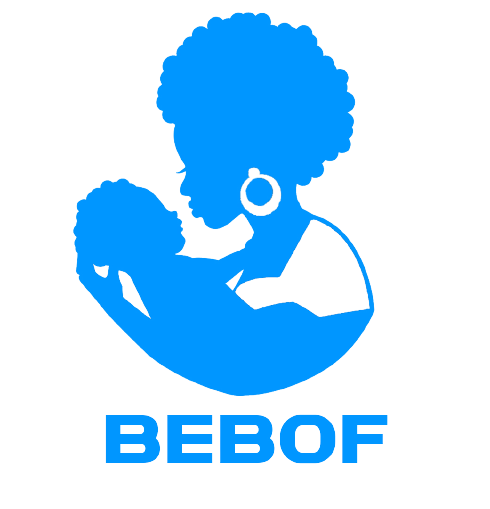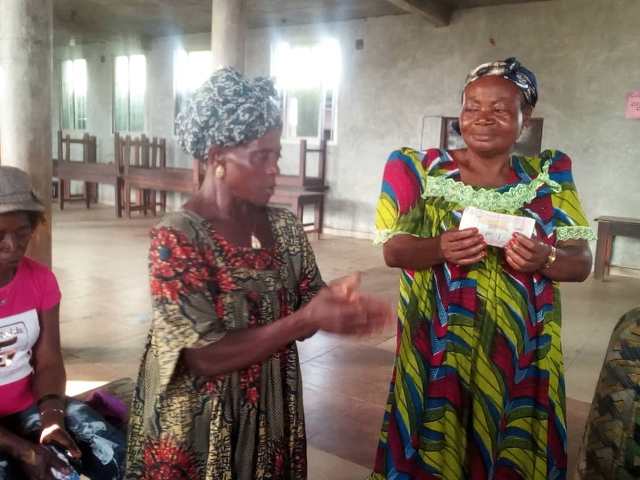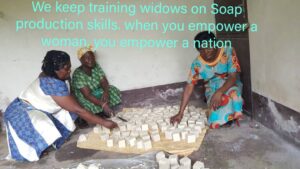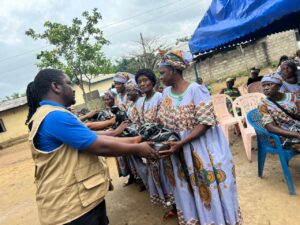Women, in the course of losing their husbands have a lot of difficulties. There are a number of challenges and widowhood rites and practices that the women go through. Among the many difficulties, is the disinheritance of property. The women, despite having children to cater for, are disinherited from their husband’s property. The only condition for which they can have access to these properties is, if they decide to remarry their late husband’s brother (brother-in-law).
For the most part, ethnic groups and tribes in the northwest region of Cameroon often practice this culture of disinheritance and remarry to brother-in-law. The women, whether they had children with their husbands or not, are disinherited of everything. This therefore, means that the women are no longer part of the family.
This is the case of Agnes, who lives in Bamenda, Northwest Region of Cameroon. She lost her husband in 2014. After the death of her husband, her brother-in-law (husbands elder brother), made advances towards her, and told her that if she wished to have access to her late husband’s property, she should consider marrying him. Knowing well that he had a wife and children as well, Agnes denied marrying him. Her husband’s family gave her time to reflect over her decision, as they thought that the pain of her husband’s passing was still very fresh in her memory.
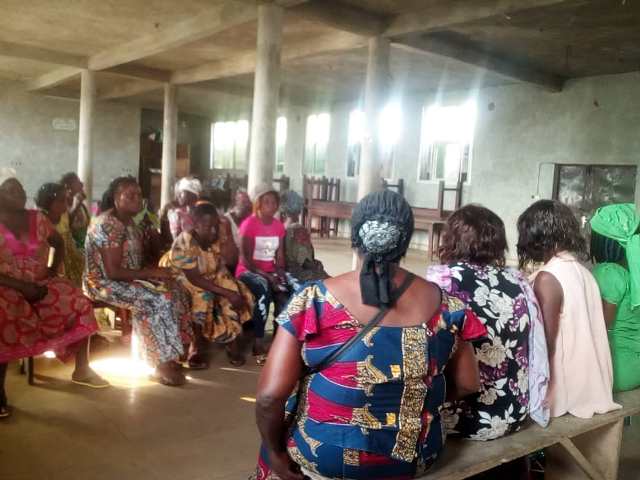
She was given one week after her husband’s burial to make the decision. Denying their demands, she was driven out of the house with her four children .Their farmlands, store, and vehicle were taken from her. She only had her clothes, some bags and the children’s belongings. She was not even allowed to take any of her husband’s pictures, clothes and property they jointly acquired. She was sent empty.
Leaving the compound in a state of confusion, a friend offered Agnes a room at her house. After some time, she had difficulties leaving with her friend, because of the problems that arose from her friend’s children and her children. Her children were mocked that they beg a lot and were often accused of stealing when items got missing from the house. To avoid problems with her friend, she had to leave the house. Her children made two years without no formal education. She engaged into petty businesses, such as selling tomatoes, onion, garri, house cleaning, and a nanny, to send her children to school. With this, she rented a one room plank house, where she moved in with her children.
She attest to the fact that the pain is too much for her to bear, seeing how everything she and her husband worked for has been taken away. Her children had to witness pain and suffering just because they lost their father. One of Agnes children had a mental breakdown due to pain and accusations and was admitted .Since most of the money she got from her business was used in paying for hospital bills for her demented son and for feeding, her children were driven for school fees and are currently at home. She hopes that her business will grow so that she can better the living standard of her children and send them back to school.
Widows go through a lot. Disinheritance is widely used as a way to molest widows. By disinheriting these widows, their husband’s families, kill them psychologically, destroy their hopes and happiness. This has led to an increment in the number of suicide cases among widows. The Berine and Bokwe Foundation sees the need to empower these widows and support their skills and businesses. When their businesses and skills are supported they can better improve on their conditions. They also need to be trained on skills improvement and on new skills that will help attract finance for them.
